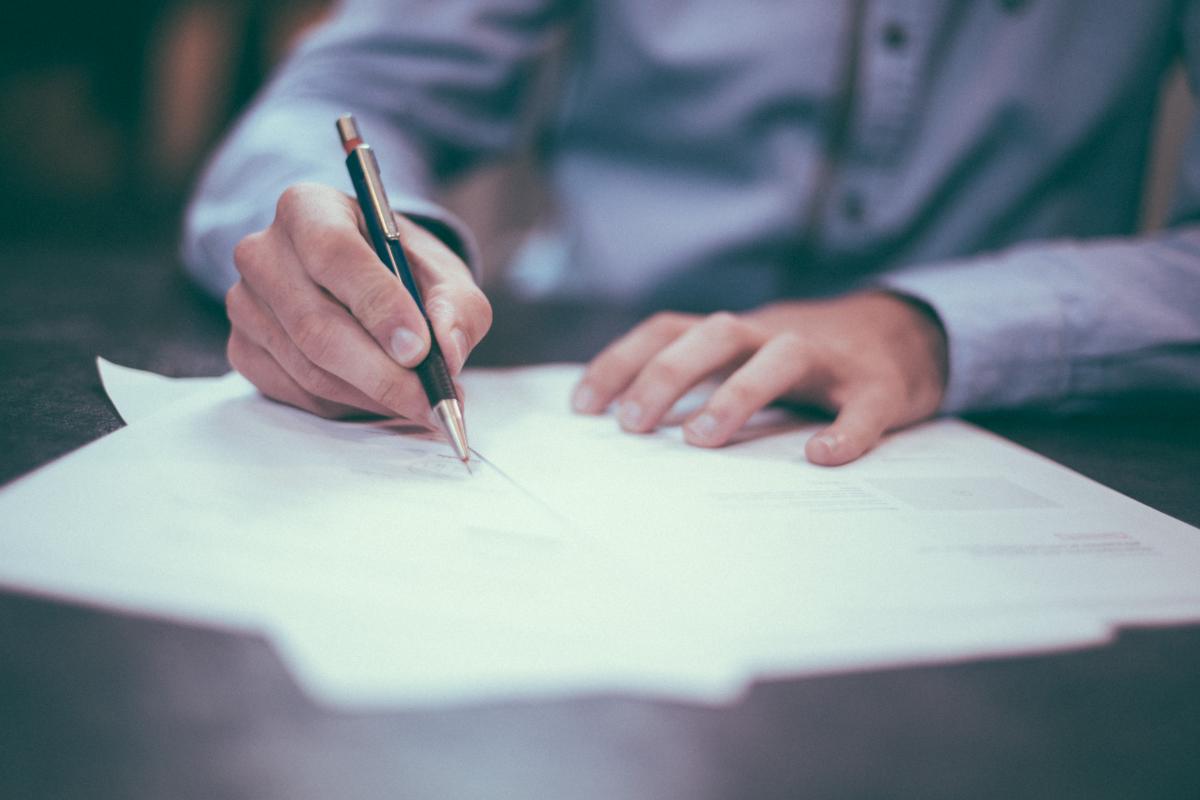
When you rent out your buy-to-let property you need a robust
tenancy agreement. You're under no legal obligation to use one but it would be
foolish not to.
Why a tenancy agreement is so important
The tenancy agreement is the document which lays down the
rules for both tenant and landlord to follow. A well-drafted, concise and clear
agreement can go a long to preventing
disputes during the tenancy. But ambiguous
wording can have the opposite effect. So, the contract should set out clearly
what each party's responsibilities are.
Who pays what and when? What happens when something goes
wrong? What are the terms regarding the rent and deposit? The tenancy agreement
must answer all those questions.
The most important clauses to include in your tenancy agreement
Although no two tenancies are exactly the same, here are our
top 7 suggestions for clauses you must include in your tenancy agreement. But
before getting into the list its worth pointing out that just because you
include something in your tenancy agreement doesn't make it enforceable. All
clauses must be fair and reasonable. And don't forget the tenant
fee ban prohibits you including certain charges.
That said, here are some clauses you really should ensure are
in your tenancy agreement.
Rent and deposit
Sounds obvious and it is. But it's always safe to include a rent schedule along
with information on what can happen if the tenant gets into arrears.
Include information on the deposit. This should specify the
amount and date on which it must be paid. Note the grounds on which you can
make deductions. You should also include details of the deposit protection
scheme you use. But of course, your tenancy document pack must still contain
the prescribed information regardless of what you include in the tenancy
agreement.
Council tax and utility supplies
In the vast majority of cases, it will be the tenant who pays
the bills. But don't leave any room for doubt. You should clearly state in your tenancy
agreement who pays what. Make sure the tenant understands they’re liable for
the utilities they’ve used. And if they’re in arrears at the end of the tenancy
they’ll still be liable for those costs. Even when they leave the property.
Repairs
Another area where tenants and landlord often clash is over
repairs and maintenance. Your tenancy agreement should clearly state who is responsible for
resolving issues when things go wrong. The majority of times it’ll be your
responsibility to repair appliances (not the tenant’s own) and to carry out
routine maintenance. But make sure the tenancy agreement includes details on
what the tenant’s responsibilities are and how they should report any necessary
repairs.
Pets
Apart from rent and cleaning, pets are probably the biggest
cause of disputes between landlord and tenant. Whatever your
stance on pets - whether you accept them or not - make sure it's clearly
articulated in the tenancy agreement. Especially if you prohibit all pets. And
make sure the tenant is aware of the consequences should they break this
particular clause.
Cleaning
As we've already alluded to, cleaning can cause a lot of
friction. Especially at the end of the tenancy. Of course, they'll be wear and
tear but there's no excuse for the property not being clean. Unfortunately, a
tenant's view of what constitutes 'clean' can be very different from yours. And
disputes over cleaning are very common. You can try to head these off with the tenancy
agreement. Make it clear deductions will be made from the security deposit
should extra cleaning be necessary at the end of the tenancy.
Sub-letting
This can be a very contentious issue. The tenancy agreement
must be clear who you're renting the property to. Name the tenant or any joint
tenants in the contract. Sub-letting is becoming a problem for many landlords
as tenants look to reduce costs by moving another person into the property. This
can lead to complications further down the line so it's best to be clear from
the start who the tenant is and whether they're allowed to sub-let.
Key dates
Include a list of key dates the tenant needs to be aware of.
These should include:
·
Tenancy start date.
·
Rent due date.
·
Any rent review dates.
·
When the fixed term of the tenancy ends.
·
Right to rent check dates.
Those are our top seven important clauses to include in your
tenancy agreement. There are others you must also include – especially the
termination procedure. But drawing up a tenancy agreement can be difficult.
Your online letting
agent can help you out or you can use the model contract published by the
government. But whatever you do don't rely on something you've jotted down on
the back of an envelope. The tenancy agreement is probably the most important
landlord document of all.
Private landlords can find tenants fast by listing their property
with MakeUrMove the online letting platform bringing landlords and tenants
together.






